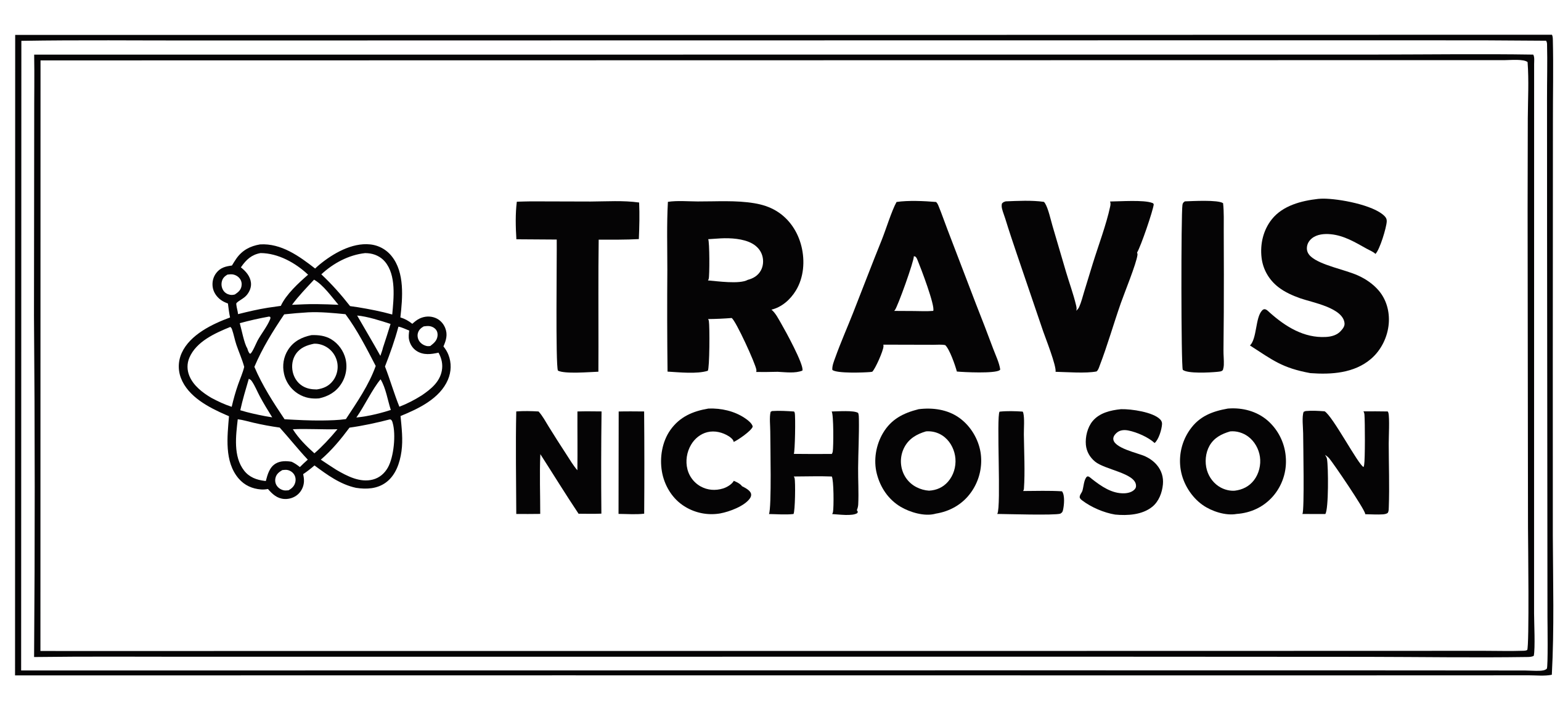Science, elitism, and a plea for humility

If you follow me on social media, you might have noticed that I promised my content would get spicier. Well, today I deliver. This post is about how a political trend in America (and the West more broadly) is shaping the culture and practice of science.
Political polarization in America has many familiar themes: big vs. small government, globalism vs. nationalism, liberalism vs. traditionalism, and so on. But there’s another distinction that I don’t hear much discussion about, and I believe it is just as crucial. I’ll call it “elitism vs. antielitism,” and science is caught in the middle.
For clarity, let’s define “elitism.” We all know elites are people with influence, power, wealth, and status. When I hear "elite," I think of elected politicians, high-level government officials, celebrities, and the ultra-wealthy. For this discussion, “elitism” means “the idea that society should be organized around the general preferences and worldviews of the elite class.” Under this definition, you don’t have to be elite to be an elitist (e.g., a blue-collar worker who believes technocrats should make major decisions), and you don’t have to be an elitist just because you’re elite (e.g., a populist billionaire).
My gut reaction to elitism is that aligning society to the wishes of senators, Hollywood A-listers, or Bill Gates is undemocratic and authoritarian. I suspect many of you feel the same way. But if I’m being honest, this is an emotional reaction rather than a cerebral, moral one. To me, elites are simply people with far more status than I have. If elitism means they get what they want while I’m sidelined, it feels bad because I want my preferences represented too. My opposition to elitism isn’t driven by rational morality—it’s just the discomfort of exclusion.
It turns out I’m not alone in feeling this way. Social science research shows that people tend to define “elite” as those with considerably more status than themselves (Ridgeway, 2017; Hanson, 2016). Furthermore, most people dislike the idea of society aligning with elite preferences because it makes them feel excluded (Norris, 2019). To someone like me, elites are the Trumps, Oprahs, and Clintons of the world. But to a blue-collar American with a median level of education or income, an elite could just as easily be a highly educated specialist, such as doctors, lawyers, and (gasp) scientists (Rossiter, 2023).
Scientists often see themselves as specialists who are more qualified to have certain opinions. But to an ordinary person, that thinking comes off as elitist and exclusionary. Some scientists may be appalled by this perception, but if we’re to be empathetic, we need to recognize that we also have such feelings about those higher up the status ladder.
As I see it, antielitism is at its strongest point in my lifetime. Is this backlash justified? Let’s look at the data.
- Public policy overwhelmingly aligns with the preferences of elites rather than those of the general public (Gilens, 2014). Ordinary people only get what they want when their views happen to coincide with those of elites.
- This wouldn’t be a problem if elite preferences closely matched those of the public—but they don’t (Committee, 2024). Across many important issues that dominate American politics, there is a stark difference between what elites want for America and what ordinary people want.
- Many people now believe that for their views to be represented, things need to break (Deckman, 2024). They are losing faith in the idea that they can achieve representation through a more civil democratic process.
- Among Republican voters, trust in science has plummeted in recent years (Kennedy, 2024). I view this as part of a broader skepticism toward institutions, which are increasingly seen as being at odds with the interests of ordinary people.
These numbers tell a clear story: elites dominate, they’re drifting away from the general public, people are pushing back, and (among some of them) scientists are becoming targets of that frustration.
So how are scientists responding? My observations—purely anecdotal—suggest two main reactions. Most scientists are staying quiet and focusing on their work. A smaller group is speaking out, but their approach looks more like dissent (or, more recently, literal protest). Specifically, their strategy seems to involve getting publicly angry, mocking their critics, insisting that science is working fine (when we all know it could use some improvements), and then blaming antielitists for dooming humanity.
This approach will only make things worse. If you’re familiar with conflict resolution research, you know that this kind of reaction escalates conflicts rather than resolving them. Resolution typically requires respectful listening, taking opponents seriously, and seeking common ground—which often means making some concessions. As far as I can tell, scientists appear broadly uninterested in this.
The Republican Party represents a large portion of Americans who are rapidly losing trust in us. At the same time, many Republicans are focused on reducing government spending. While scientific research makes up a small portion of the budget and ultimately pays for itself through economic growth (Jones, 2021), we are making it politically easy for them to put us on the chopping block.
I don’t have a solution, but I do know we need a heavy dose of humility—the kind that comes from realizing our position is precarious and we have no real power. Once we accept that, we’ll see that it is foolish to dig in and demand the other side bend. We can learn this lesson the easy way or the hard way. Given how many scientists speak of "resistance" and how few talk about building bridges—even as the new administration pulls grants, investigates universities, and shrinks scientific agencies, with plans to go further—it’s clear we’re choosing the hard way.
When I’ve ranted about this among my scientist friends, those who disagreed usually said something like, “The solution is to help get more Democrats elected because they support us.” Fine, but Republicans win power sometimes, and when they do, we need them to see value in what we do. I don’t find it tenable for one of America’s two major parties to be against us.
The best way for science to remain strong is if scientists acknowledge political reality and respond strategically. That doesn’t mean accepting a weaker role for science in America, but it does mean learning how to do our work without making enemies of one third of the country.
References
- Committee to Unleash Prosperity Staff (2024). "Them vs. US: The Two Americas and How the Nation’s Elite Is Out of Touch with Average Americans," Committee to Unleash Prosperity.
- Deckman, M et al (2024). "Challenges to Democracy: The 2024 Election in Focus," Findings from the 2024 American Values Survey.
- Gilens, M and Page, BI (2014). "Testing Theories of American Politics: Elites, Interest Groups, and Average Citizens," Perspectives on Politics.
- Hanson, VD (2016). "Who Are Those Darned 'Elites'?" Hoover Institution. Note: Leading figure of the antielitist movement arguing that elites are regarded as people with greater status than ordinary Americans across several dimensions, including wealth, fame, prestigious education, and prominent careers.
- Jones, BF (2021). "Science and Innovation: The Under-Fueled Engine of Prosperity," Aspen Economic Strategy Group.
- Kennedy, B and Tyson A (2024). "Americans’ Trust in Scientists, Positive Views of Science Continue to Decline," Pew Research Center.
- Kraus, MW and Tan, J (2021). "A Key Factor in Well-Being: Others’ Apparent Wealth," Yale Insights. Note: This work argues that people perceive elite levels of wealth relative to their own wealth. Related concepts include Social Comparison Theory and Relative Deprivation, which show that people regard high status relative to their own status.
- Norris, P and Inglehart, R (2019). "Cultural Backlash: Trump, Brexit and Authoritarian Populism," Cambridge University Press. Note: This argues that anger toward elites is driven by feelings of exclusion. Also, I confess I just read the book summary, not the whole book.
- Rossiter, JR (2023). "Social Class: Key Concepts in Modern Western Society and How to Measure Them," Advances in Applied Sociology.

